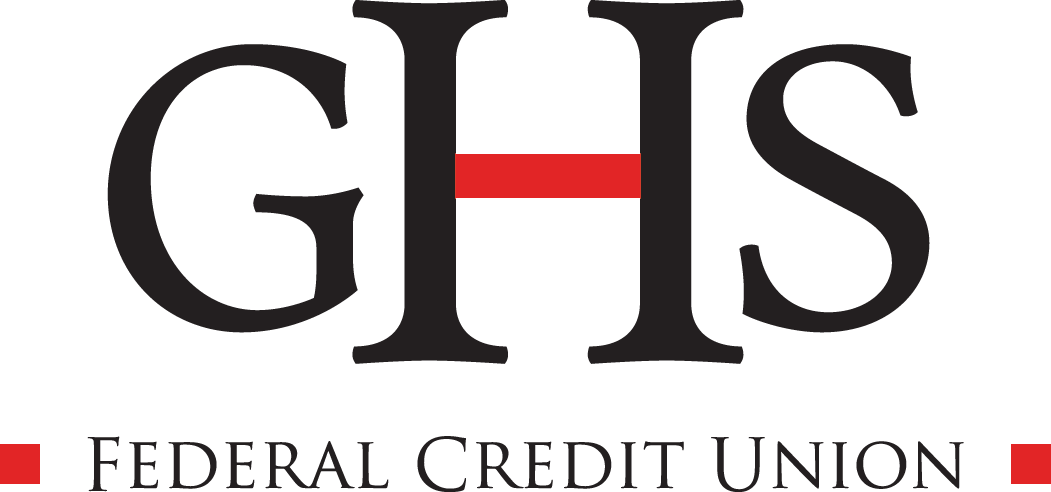When Should You Refinance Your Home?
When you first purchased a home, you borrowed money from a lender to pay the home seller. Now you’re making monthly loan payments to that lender to pay back the money that you borrowed.
When you refinance your mortgage, you take out a new loan. This new loan pays off the old loan and you’re left making payments on the new loan.
Refinancing your mortgage can be a great way to save money and get loan terms that beat what you currently have. Refinancing can cost money in the short term. Yet, in the long run, you may be able to save a good amount of money by refinancing your mortgage to a lower rate.
When You Should Refinance
We’ve covered the basics of what a refinance is, but you may be wondering “why” a refinance could be a good option. There are a number of reasons why refinancing your home mortgage could make sense. These include:
To reduce your monthly payment
With a refinance, you can lower your current interest rate on the amount of money you owe. Refinancing your loan to a lower interest rate will in turn decrease your monthly payment. This means paying the bank less for the loan, with more of your money going toward paying off your home.
To adjust your loan terms
If your concern is about the number of years on your current mortgage, refinancing to a shorter term may be the solution. While you may not see a payment reduction every month, the total amount of interest paid is less -- saving you money in the long run.
To take cash out
Every month that you make your mortgage payment, you’re building equity in your home. A cash out refinance allows you to utilize that equity. By cashing out your equity in a refinance, you can consolidate debt, complete those overdue home improvements, or build a comfy cash cushion for emergency expenses.
In all, with a cash out refinance, you can lower your total monthly expenses and keep more money in your pocket.
To take advantage of an improved credit score
Your credit history plays a crucial role in determining your credit score. If you are paying bills on time and in full, your credit score has probably increased. If that increase has been significant, you could qualify for a better rate than you originally did.
This is why experts recommend keeping a close eye on your credit history and getting a free credit report before starting the refinance process.
When To Reconsider Refinancing
Make sure refinancing makes sense because the process can be timely and there are some expenses involved. Generally, the refinance process takes 30 to 45 days, but it can sometimes take up to 60.
Remember, a refinance is meant to ultimately save you money — so you’ll want to ensure you break even or save. Otherwise, it may be more helpful to consider the process at a later time.
A good rule of thumb is to watch for interest rates at least 1% to 2% lower than your current rate. As previously mentioned, this will help ensure you won’t be spending more money in the long run.
Another thing to consider is how long you’ll be in the house. You should only refinance if you know you’ll be in the house long enough to break even and save. And as always, research thoroughly and shop around to get the best possible deal.
Your Next Step to Refinancing
Now you know the basics of a refinance and why or why not to consider one for your home. Whether this is your first time refinancing or you’re experienced in the process, our team at GHS can help make things quick and hassle-free.
Click below to learn about fixed and adjustable rate mortgages and which would be better for you.
